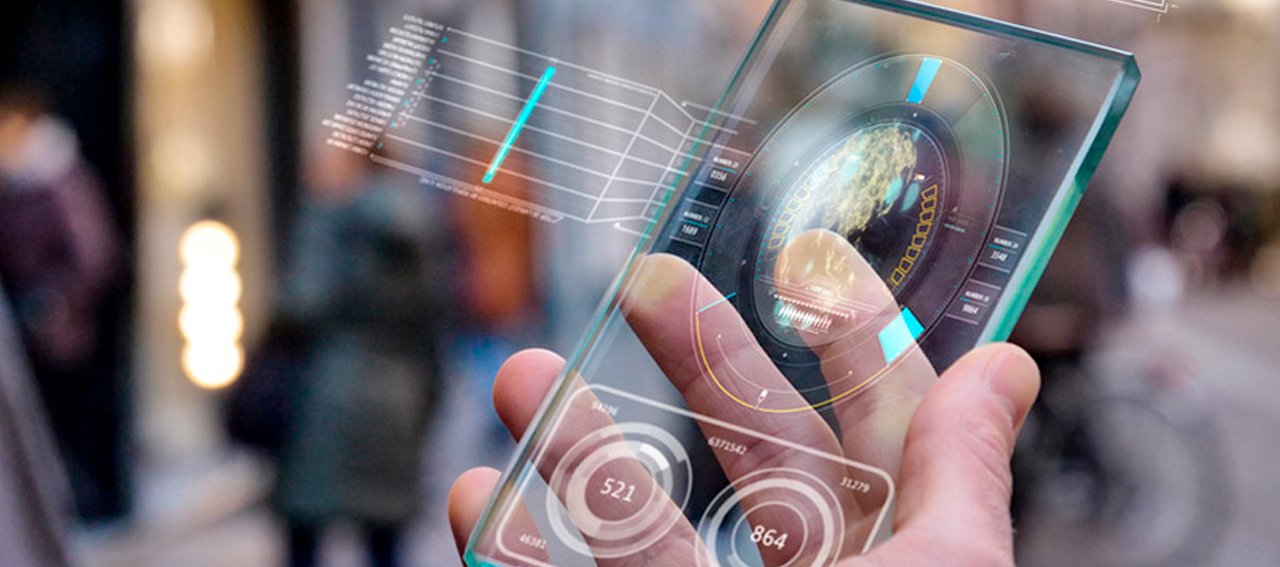The Rise of Foldable Devices
Mobile computing has come a long way since the introduction of the first smartphone. From simple devices used for communication, smartphones have evolved into powerful tools that have transformed the way we live and work. As technology continues to advance at a rapid pace, the future of mobile computing looks promising, with several exciting innovations on the horizon.
One of the most anticipated developments in mobile computing is the rise of foldable devices. Foldable smartphones and tablets offer the convenience of a larger screen size without sacrificing portability. Companies like Samsung and Huawei have already released foldable devices, and more are expected to follow suit in the coming years.
These devices feature flexible displays that can be folded or unfolded to adjust the screen size. This innovation opens up new possibilities for multitasking, gaming, and productivity. Users can easily switch between a compact phone-sized screen and a larger tablet-sized screen, providing a versatile and immersive experience.
5G Connectivity and Faster Speeds
Another major development in mobile computing is the widespread adoption of 5G connectivity. 5G networks promise faster speeds, lower latency, and increased capacity, revolutionizing the way we connect and communicate.
With 5G, mobile devices will be able to download and upload data at unprecedented speeds, enabling seamless streaming, real-time gaming, and instant access to cloud services. This technology will also pave the way for the Internet of Things (IoT), where everyday objects are connected and can communicate with each other.
As 5G networks continue to roll out worldwide, we can expect to see a wide range of innovative applications and services that take advantage of this high-speed connectivity. From autonomous vehicles to smart cities, the possibilities are endless.
Artificial Intelligence and Machine Learning
Artificial Intelligence (AI) and Machine Learning (ML) are already making significant contributions to mobile computing, and their impact is only expected to grow in the future. AI-powered virtual assistants like Siri and Google Assistant have become an integral part of our daily lives, helping us with tasks such as setting reminders, answering questions, and making recommendations.
As AI and ML algorithms become more sophisticated, they will be able to understand and anticipate our needs better. This will result in personalized experiences tailored to our preferences and habits. From personalized news feeds to intelligent voice recognition, AI and ML will enhance the way we interact with our mobile devices.
Furthermore, AI and ML will play a crucial role in improving mobile security. These technologies can analyze patterns and detect anomalies to identify potential threats and protect our data and privacy.



































